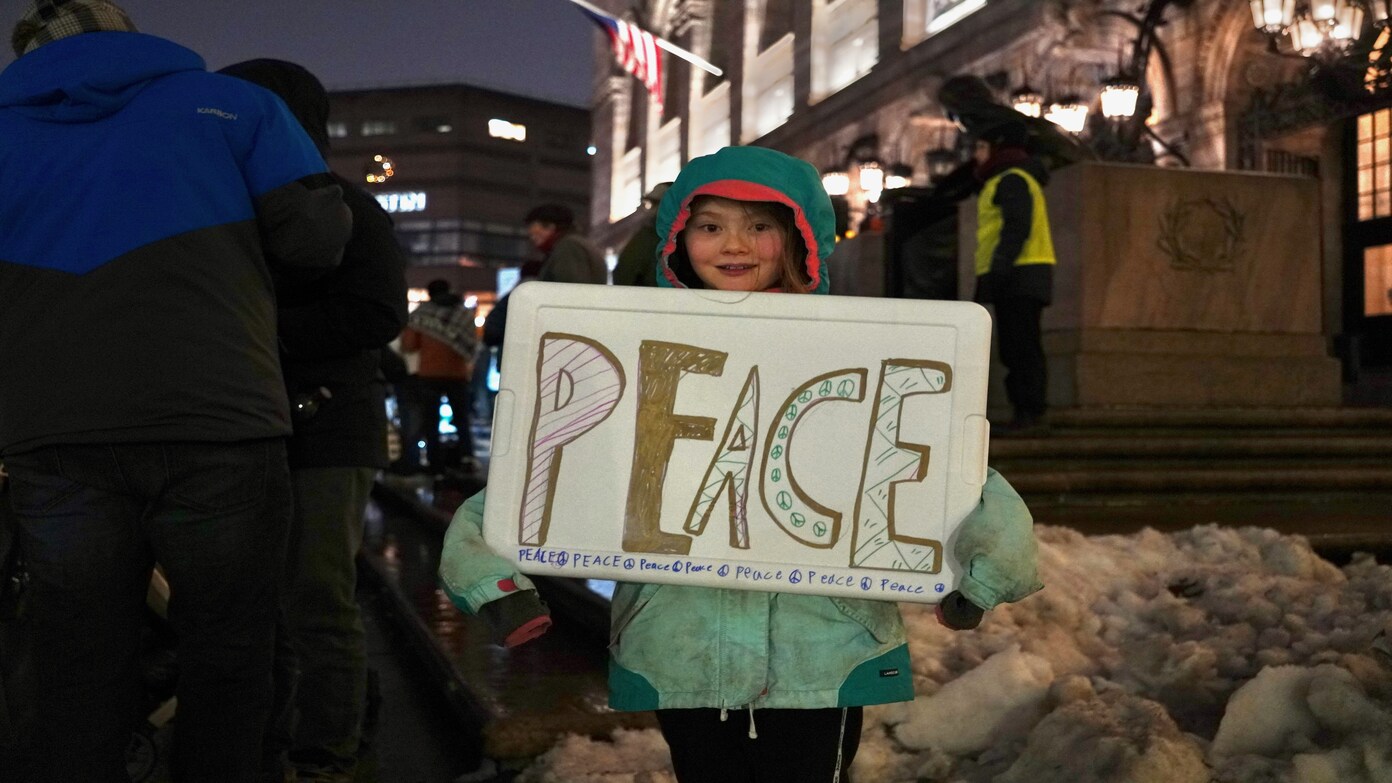If you’ve been cringing every time you fill up your gas tank, there might be some good news on the way. President Donald Trump recently announced a ceasefire between Iran and Israel, and according to experts, that could mean gas prices will go down.
Matt McClain, a petroleum analyst from GasBuddy, says prices might start dropping as early as this week.
“By the end of this week, we should see prices begin to fall,” he explained. “It’s tough to say exactly how much, but we’re looking at a drop of at least 10 cents per gallon — and that’s a safe guess. It could be even more.”
Why does this ceasefire affect oil
You might wonder: What do Iran and Israel have to do with the price at my local gas station? The answer has a lot to do with oil markets. When conflict breaks out in the Middle East, especially near oil-producing areas, oil prices often go up. When things calm down, prices tend to go down.
That’s why news of a ceasefire makes oil traders breathe a little easier. Less risk of war means more stable oil shipments and lower prices.
Will the ceasefire actually hold?
Now here’s the big question: Will this ceasefire happen — and last?
Mark Juergensmeyer, a retired global studies professor from UC Santa Barbara, says it’s still unclear.
“One has to assume [Trump] cleared this with Netanyahu before announcing it,” he said. “But that’s still a little murky.”
If Israel doesn’t agree to it, or if the ceasefire breaks, the situation could quickly change. But Juergensmeyer doubts Israel would go against a plan backed by the U.S.
“It would be catastrophic if Israel defied Trump and kept fighting. I can’t imagine that will happen,” he added.
No Strait closure = No shortage
Even if fighting continues, there’s still one key factor keeping gas prices from spiking too much: the Strait of Hormuz.
This narrow waterway is one of the world’s busiest oil routes. In the past, Iran has threatened to shut it down during conflicts, which would send oil prices soaring. But Juergensmeyer points out that these threats have never turned into action.
“There have been many threats to close the Strait of Hormuz in the past — it’s never been done,” he said.
Most of our oil comes from nearby
Even if something did happen in the Middle East, McClain says we’re not likely to run out of gas in the U.S.
“It wouldn’t create shortages here,” he said. “Most of our oil and gas comes from U.S. production, Canada, or Mexico.”
Still, even if supplies are steady, oil prices are global — and global tensions can still make them go up or down.
Related articles
Bottom line
If the ceasefire between Iran and Israel holds, you might notice lower gas prices soon. But it all depends on what happens next. Keep your eye on the news—and your local gas station sign.

